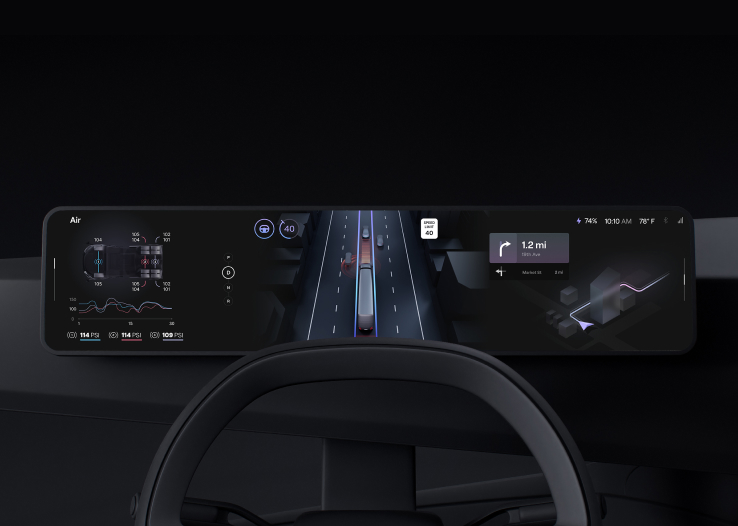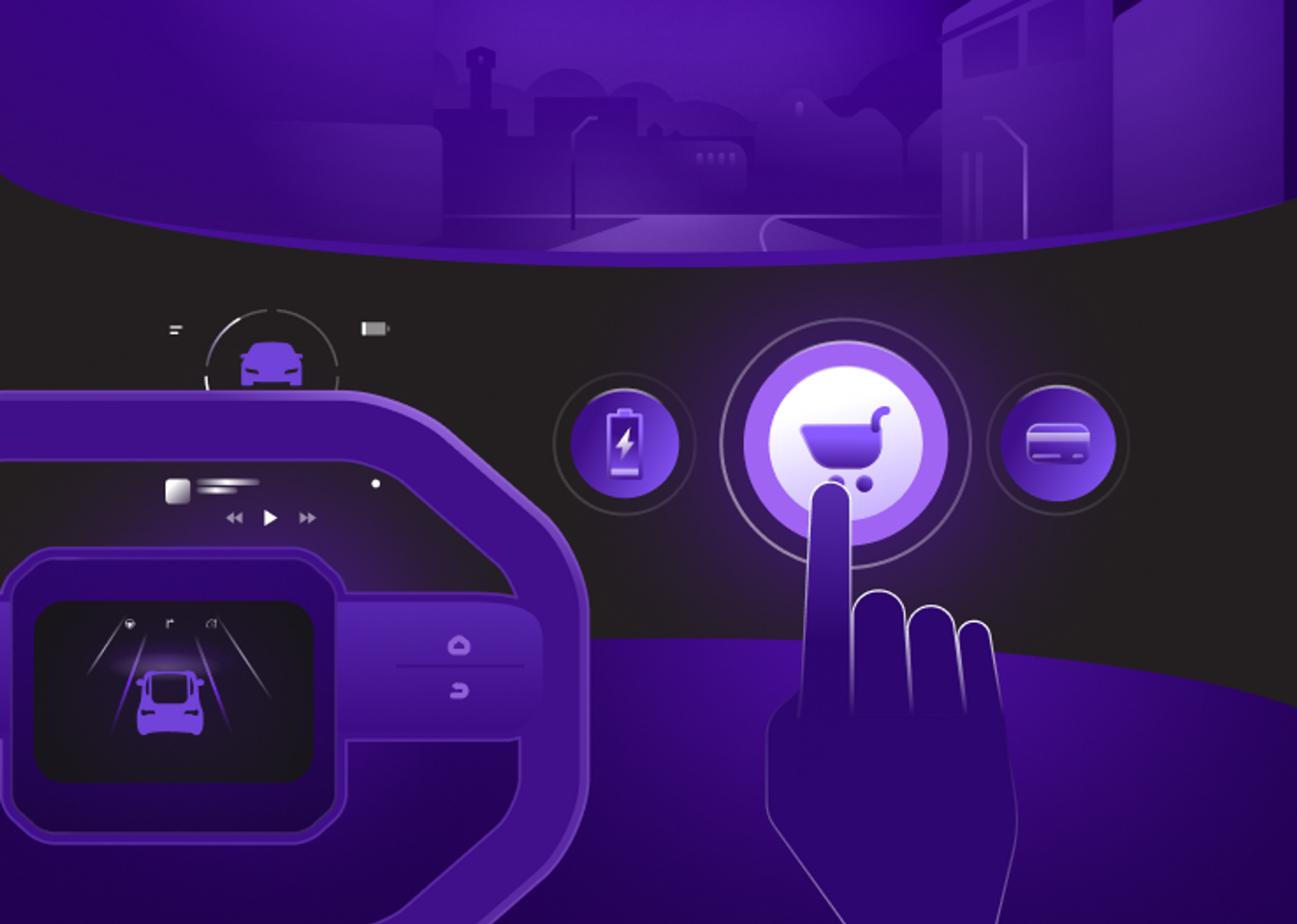The automotive industry stands at an existential crossroads of innovation and transformation. We’re delighted to welcome Andrew Fellows as our new Global Head of Automotive & Mobility. With three decades of experience in the sector, from working with OEMs to leading consulting efforts, Andrew will partner with our clients on their journey in this evolving future.
On his first day, Andrew reflects on his lifelong passion for automotive, the industry's digital evolution, electrification and future challenges and opportunities that lie ahead.
What sparked your passion for the automotive industry?
My fascination with cars started in my childhood. Despite not owning a car in my family, I was obsessed with motoring. All I wanted was to drive and understand every part of cars. My father, ironically, advised me against a career in automobiles. Yet here I am, thirty years later, with the industry being my third greatest love, just behind my wife and children of course.
Can you give us an overview of the current state of the automotive industry?
The automotive industry is currently undergoing a fundamental shift from mechanical to digital, affecting everything from vehicle powertrains to AI-driven models. This transition is pushing OEMs and their supply bases to fundamentally reimagine their business models. Traditional revenue streams like vehicle servicing and spare part sales are diminishing, especially in the EV sector, where fewer parts are needed and over-the-air updates are replacing dealer visits. Additionally, consumer trends are shifting towards leasing and subscription models over outright ownership.
The primary challenge for OEMs today is competing with technology companies and service providers for customer loyalty. Modern vehicles are as much about technology and lifestyle as they are about transportation. For example, Tesla is not just selling cars but a comprehensive ecosystem, including software updates and their Supercharger network. Similarly, Chinese OEMs, like BYD, are making significant strides, particularly in the EV market, and challenging established brands with their focus on electric batteries, range, and pricing strategies to appeal to the international market.
This evolving landscape demands that OEMs think more like tech companies, being agile and innovative. The focus is also shifting from hardware to software, with a pressing need to enhance EV range and refine platform designs to surpass customer expectations. Incorporating in-car technologies to create differentiating driving experiences will be key for brands to establish loyalty moving forward.
Looking towards 2024, what are the biggest challenges that automotive brands will have to overcome?
Brands will have to navigate a landscape where differentiation in the EV market is increasingly complex. The challenge is two-fold: optimizing the ‘vehicle creation chain’ to withstand supply chain volatility and creating distinctiveness in EVs when the consumer's focus is shifting towards software and digital services.
Brands must think beyond car design and safety features, they also need to contribute positively to society. For example, how Volvo is positioning itself with a commitment to full electrification and a carbon-neutral footprint. This is the differentiation beyond the product – it’s about the brand’s ethos and sustainability commitment. Their Polestar brand, also being a part of the Geely group is also focused on this.
Of course, AI is on every C-suite’s agenda. Integrating AI offers vast opportunities for innovation and competitive advantage. It can make vehicles smarter and more adaptive to consumer behaviors and needs, as well as improve supply chains, from design to production and beyond.
I’m glad you brought up AI. What are the immediate opportunities OEMs can implement with AI?
AI is the new driver in the automotive industry, as well as in the wider mobility marketplace. It holds the potential to transform everything from vehicle design and manufacturing to the customer experience. Imagine cars that learn from every trip, cars that really can predict maintenance before it's required, and vehicles which offer real-time, context-aware navigation and personalized assistance, as well as linking into the smart infrastructure in the future.
That said, whilst the technology is quite advanced, the challenge is to ensure data quality and integrity. For consumers to fully trust and embrace AI-driven functionalities within their vehicles, it's imperative that the data powering these systems is of the highest quality, is correct and is validated. Safety and reliability are paramount to drivers, and the margin for error is exceedingly narrow.
Amidst rapid advancement and disruption, what advice would you offer to those in the automotive field?
The industry's transformation is both swift and gradual, with infrastructural, economic, and geopolitical factors in play. My guidance centers on two key pillars: broaden the view to encompass wider mobility solutions and ensure transportation innovation and products align with consumer needs, to put it clearly.
Look at Porsche, for instance, which is diversifying with offerings like e-bikes and developing e-fuels in South America, alongside launching new EVs like the Macan in Singapore. This shows that our industry's future is about more than just cars—it's about comprehensive mobility solutions and engaging with customers in ways that foster brand loyalty and meet their evolving needs.
For brands to remain relevant and competitive, they have to prioritize consumer values such as safety, efficiency and sustainability. They also need to actively participate in shaping the future of mobility. This means investing in sustainable technologies, exploring new business models like mobility-as-a-service, and fostering partnerships across industries to drive innovation. Additionally, brands should focus on creating immersive and personalized customer experiences, leveraging data analytics for better market understanding and customer engagement.
Ready to co-create?
Whether you are building connected vehicle technology, AI-based HMI, a new car voice assistant, or dreaming up future mobility ecosystems, apps and platforms, Star can help.







